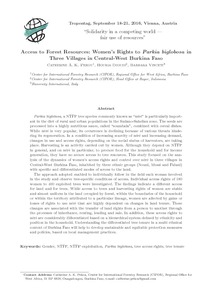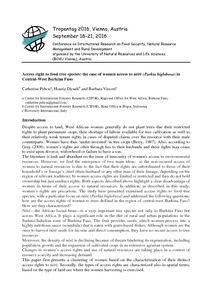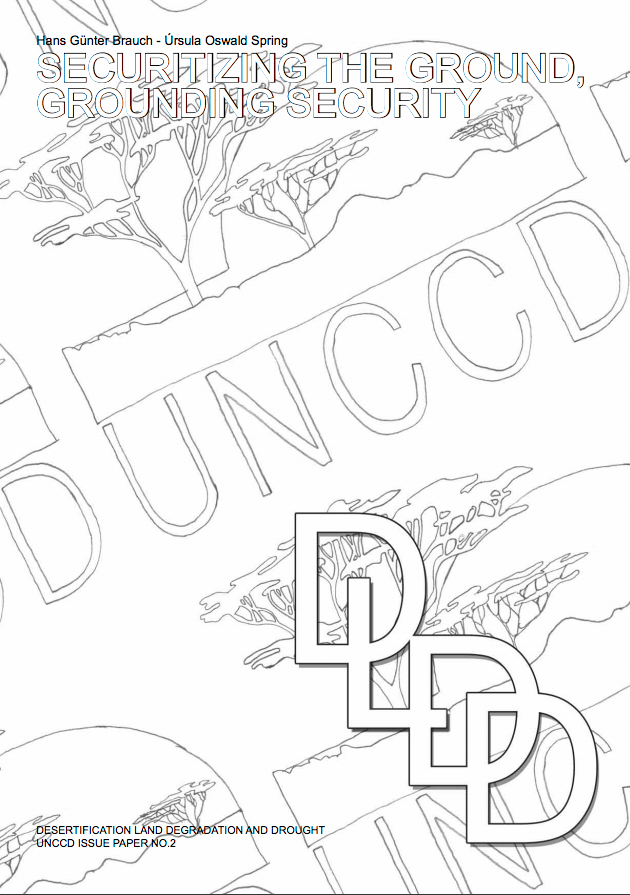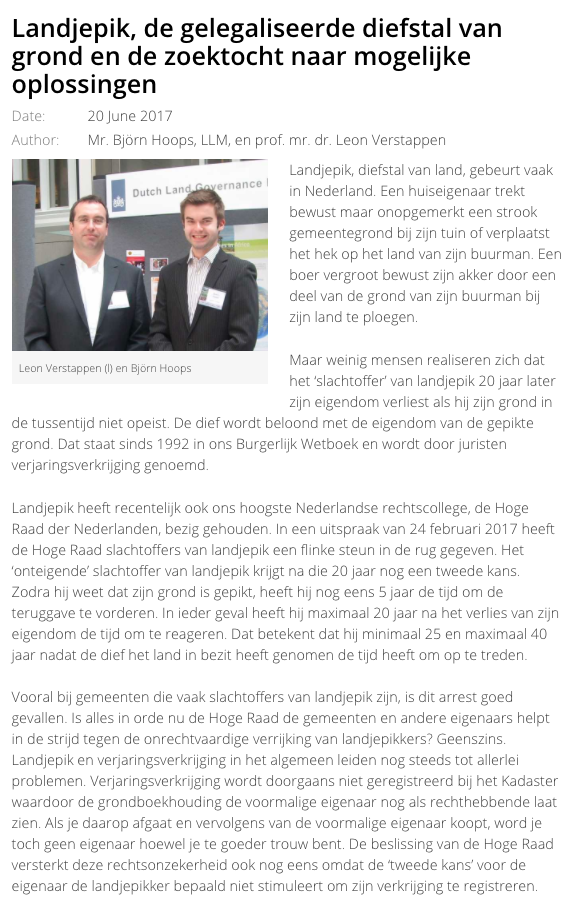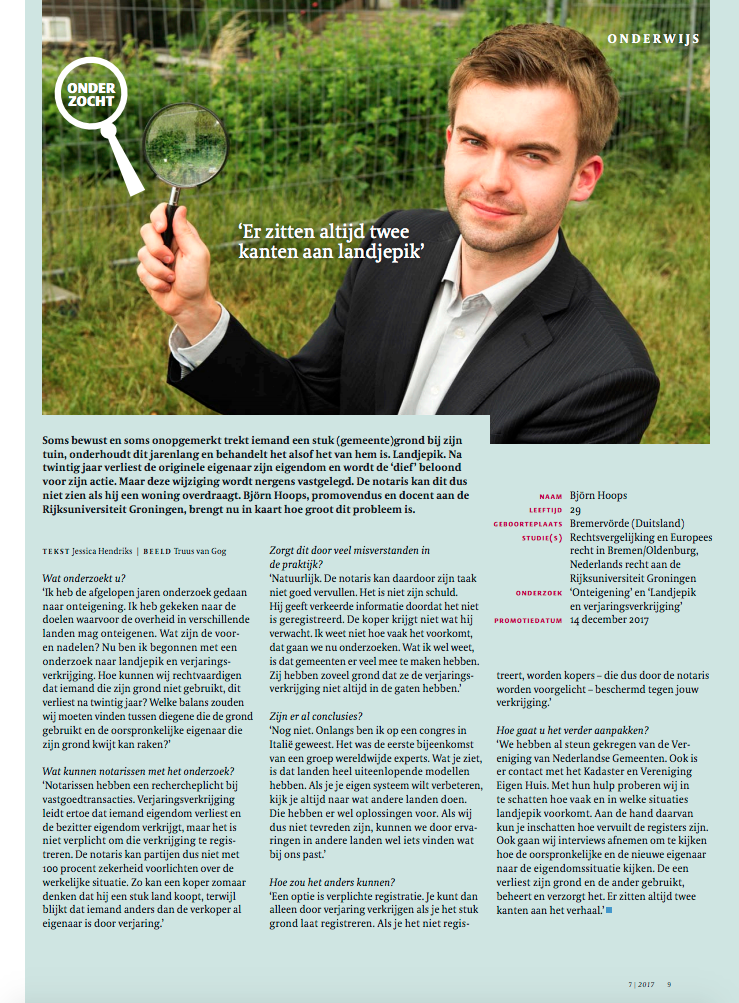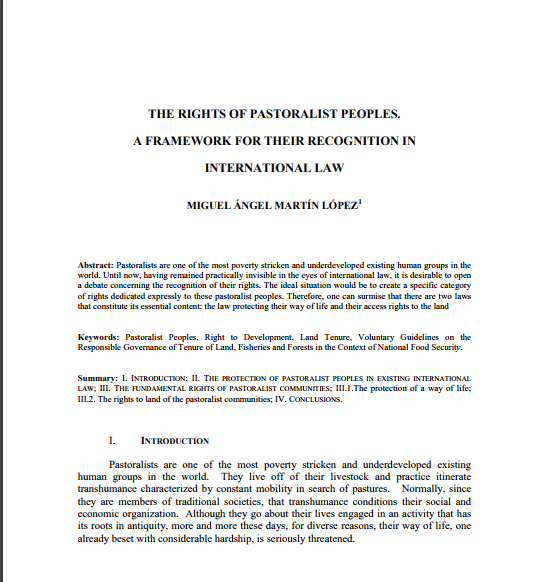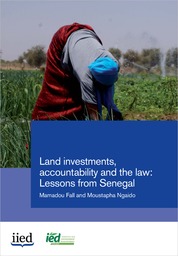Access to forest resources: women's rights to Parkia biglobosa in three villages in Central-West Burkina Faso
Parkia biglobosa, a NTFP tree species commonly known as "néré" is particularly important in the diet of rural and urban populations in the Sudano-Sahelian zone. The seeds are processed into a highly nutritious sauce, called "soumbala", combined with cereal dishes. While néré is very popular, its occurrence is declining because of various threats hindering its regeneration. In a condition of increasing scarcity of néré and increasing demand, changes in use and access rights, depending on the social status of harvesters, are taking place. Harvesting is an activity carried out by women.

